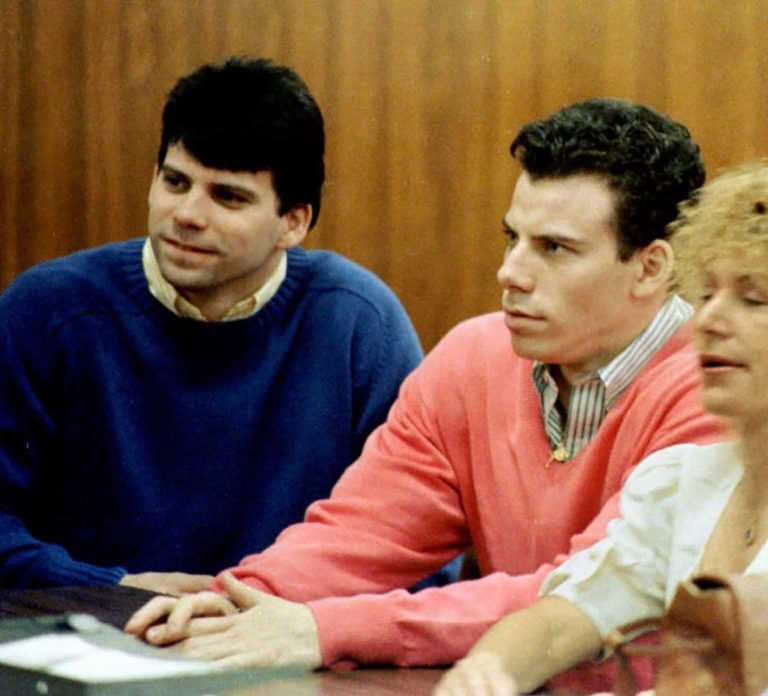CHICO — Butte County’s new Sobering Center in Chico opened this month at 560 Cohasset Road, and has already done work to give a 24-hour walk-in option for people struggling with addiction and help 911 emergency response divert the need for hospitalization or jail.
Implied in its name, the Sobering Center runs as a place, staffed with trained professionals, for people to rest while under acute intoxication. And its goal is to cultivate the chance for someone to decide to be sober and provide regular monitoring for people under intoxication of alcohol or substances, rather than jail or an emergency room.
Referrals can be made by walks-ins, outreach efforts and care providers, and the center collaborates with law enforcement officers who can check in people within minutes in contrast to the 45 minutes to an hour and a half of booking time at a jail, according to Jen Slusser-MacTernan, director of outreach and talent development for Horizon Treatment Services, which operates the center.
In in an interview about operations at the Sobering Center, Slusser-Macternan said a combination of EMTs and recovery specialists provide care at the Sobering Center, and 19 people have checked in since its opening Aug. 1. The provider is under a $5.3 million contract with Butte County to operate the center for three years.
“Success can be someone coming back because they learned it’s a safe place; it can be somebody making it through the night because we have Narcan; it could be somebody having a conversation that gave them hope,” Slusser-Macternan said.
Slusser-Macternan added that success could be the fact that a place is offered for officers to drop somebody off within minutes, who will be cared for, versus spending time booking someone at a jail, retraumatizing them and adding court fees and paperwork to their list of things to do.
In the first two weeks of operation, one person was taken in from law enforcement intervention and another by a Enloe Medical Center referral, while 13 people came through on their own, according to Slusser-Macternan.
Chico Police Chief Billy Aldridge, in a statement about its opening, said time will be saved for patrol staff who would normally take a longer time to handle calls involving alcohol or substance intoxication.
“We have worked through several concerns and feel we have found solutions to prevent the center from detracting from our ability to provide a safe place to live, work and recreate within the Chico community,” Aldridge stated.
Delicate timing
Under acute intoxication, visitors’ interactions can range from peaceful to violent, and the staff at Horizon Treatment Services are equipped with training and tools to handle the job, according to Slusser-Macternan.
In the 23.5 hour stay visitors spend at the Sobering Center, Slusser-MacTernan said staff at Horizon are trained to have ongoing dialogue and invite them to explain more about what’s going on with them, and ask where they want to go afterward.
She said it can be hard to measure data for individual success, because it may take from one visit or more than 100 for someone to take the next step in recovery; and the window of opportunity might only be minutes.
“Mental health and healing from trauma; these are very independent journeys … and there’s a very small window of willingness that somebody who is addicted might find where they want to do something about it,” Sulsser-MacTernan said. “So we want to be there and easy-to-enter, when an individual has a potentially two-minute long window of willingness.”
While most people are expected to have their stay and leave afterward, some people may want to take next steps into 7-day withdrawal management, a 12-step program or long term live-in detox programs.
Butte County Behavioral Health Director Scott Kenelly, in a statement about its opening, said for some people, the Sobering Center will be a one- or two-time visit before exploring those paths, while for others, it will take many more visits to change the trajectory of their addiction.
In addition to counseling and referrals to other services, Slusser-MacTernan said Horizon staff are also given training called “mental health first aid,” which introduces the different kinds of mental health challenges people have, and teaches them how to respond accordingly to an escalated situation.
“If not properly trained or taken care of themselves, frankly, we workers on the front lines can escalate situations, which is not useful,” Slusser-Macternan said. “So the professional; we know how to professionally deescalate a person who is escalated. It’s not a perfect science, you can’t guarantee it every time but our team is equipped with the ability and skills to be able to do that.”
Room for feedback
If someone is acting particularly aggressive, is it trauma-related emotional expression, or is there true intent to harm the self or others?
Staff at the Sobering Center are trained to know the distinction, backed by formal drug and alcohol education and specialized training on sobering environments, according to Slusser-MacTernan.
“You’re gonna see some stuff,” Slusser-MacTernan said, “And how important boundaries are, and how important trauma informed care is, and how critical tapping out and asking your colleague to step in if you are overwhelmed, because the client needs our care.”
Slusser-MacTernan said the priority at Horizon is safety of others, that it aims for 100% verbal de-escalation, and if someone disrupts the safety of others, the center will not serve them. Instead of leaving them nowhere, however, staff are trained to counsel and offer them a chance to return.
A feedback kiosk placed at the center also provides visitors a chance to say how they feel without a need to confront staff, for the purpose of continually improving.
“Some folks who come through our doors have burnt the bridges, exhausted the families … families might have put up boundaries, because watching them go through it is heartbreaking and toxic, but the family still loves them.” she said. “So a Sobering Center is like, we’re caring for your brothers and your sisters and your moms and your dads … who are trapped in this addiction that has nowhere else to go. We have all these resources available to them, and in the meantime, we’ll work with them.”













+ There are no comments
Add yours